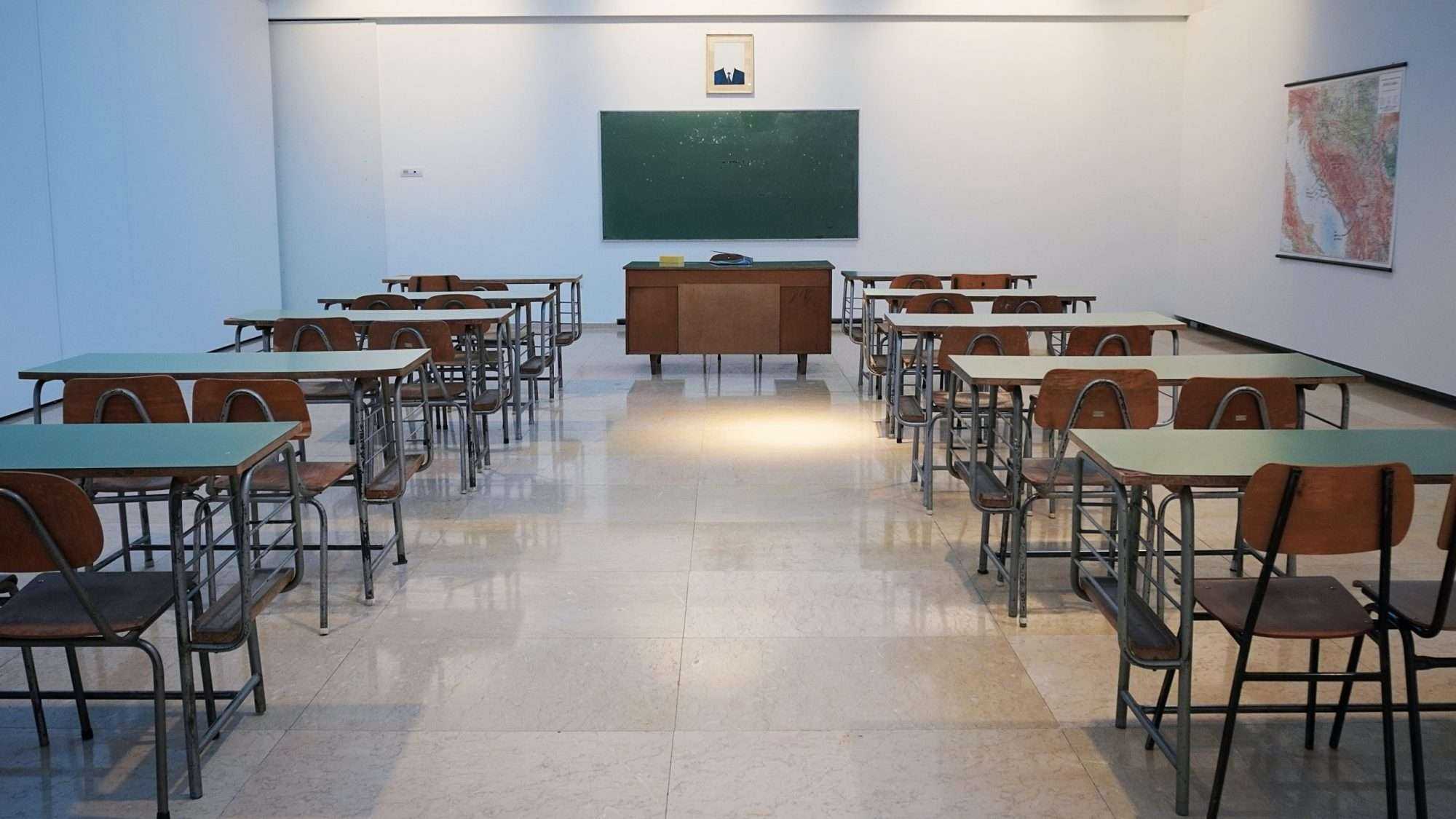BY PAUL JUNOR
The release of a research paper on Tuesday, May 30th, 2022, by the Ontario Teachers’ Federation (OTF) has drawn attention to the underfunding of public education during the COVID-19 pandemic. The report was written by Dr. Paul Bocking and is titled, “Schools, Austerity, and Privatization in the Pandemic Era.”
The report provides some useful information to contextualize what the Ontario government did during this time. Overall the report traces how K-12 education in Ontario underwent a profound transformation during the coronavirus pandemic, due to the impact of the disease, and the policies and priorities of the PC government of Premier Doug Ford.
The Ontario government proposed a reopening plan for September 2020 to deal with the pandemic that was never implemented. The plan mandated frequent asymptomatic surveillance testing on a large scale, and investment in expanding laboratory capacity; included considerable increases in funding to school boards to ensure elementary and secondary classes were capped at 15 students and considered the cost of additional teachers and staff and space limitations.
The 11 key findings of the research report are:
- The Provincial Government abandoned its initial well-funded plan to confront the pandemic in K-12 schools, which could have prevented or significantly reduced infections leading to school closures.
- The largest effect of limited provincial funding, most of which came from the Federal Government and school board reserve funds, was the failure to reduce class sizes.
- The Ontario Government’s rollback of education spending in the 2021-22 school year had significant consequences for health, safety, and student learning gaps.
- The Ford Government lacked data to back its claim that schools do not spread Covid, putting students, educators, and staff at repeated risk.
- Ontario Government expenditures on school ventilation were inadequate.
- Ford Government policies for in-class virtual and hybrid classes created considerable learning gaps for many students and burnout for teachers.
- Lack of Provincial Government funding was a major factor in the prevalence of hybrid learning, described by principals as “a disaster.”
- The Ontario Government’s decision to move e-learning from School Boards to TVO/ TFO will put a commercial rather than pedagogical focus on learning and has no rational basis.
- Ontario Government cash payments to parents could set a precedent for private school vouchers.
- The “platformization” and digitalization of education by ed tech companies have accelerated privatization within public education during the pandemic.
- Ontario needs education recovery strategies that address student learning gaps, value teachers’ voices, and create supportive non-profit ed tech.
Dr. Bocking in his summary states, “Insufficient government funding led to elementary schools with untenable class sizes, quad, and octomesters in high schools that increased learning gaps, long periods of virtual learning, and more ‘disastrous’ hybrid learning in both elementary and high schools.”
Chris Cowley, President of OTF observes, “On the basis of these findings, there is no place for mandatory e-learning and hybrid learning in publicly funded education. This policy has failed to meet the needs of students, teachers and educators.”
It is on this basis that the OTF is calling on the Ontario government to ensure that recovery strategies are fully funded by being inclusive of diverse teacher-led initiatives as well as a full range of medical health supports.

